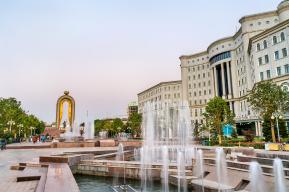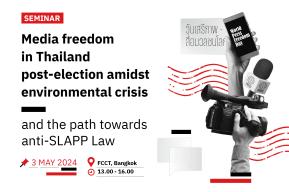Event
Tajikistan Researchers Training on Media Development Indicators
28 February 2023, the training session for researchers will be organized to collect information according to five categories of the Media Development Indicators on Media Regulation, Pluralism, Discourse, Capacity, and Infrastructure. The event take place in Dushanbe, Tajikistan virtually from Almaty Kazakhstan.

28 February 2023
Tajikistan Researchers Training on Media Development Indicators
-
Location
Almaty, Kazakhstan
Rooms :
Almaty, Kazakhstan
Type :
Cat VII – Seminar and training
Arrangement type :
Hybrid
Media Development Indicators
- A system of regulation:
A) Legislative and policy environment ;
B) Broadcasting legal and regulatory environment;
C) Defamation laws and other legal restrictions on journalists;
D) Censorship.
- Plurality and diversity of media:
A) Monopoly in the media;
B) Confluence of public, private, and community media;
C) Licensing and allocation of broadcasting frequencies;
D) Business taxation and regulation;
E) Advertising.
- Media as a platform for democratic discourse:
A) The media reflects the diversity of society;
B) Model of public service broadcasting;
C) Media self-regulation;
D) Demands for fairness and impartiality;
E) Extent of public confidence and trust in the media;
F) Safety of journalists.
- Professional capacity building:
A) Accessibility of professional development for media professionals;
B) Accessibility of higher education;
C) Participation of trade unions and professional organizations;
D) Participation of civil society organizations.
- Infrastructural capacity:
A) Availability of technical resources and their use by the media;
B) Press, broadcasting and ICT penetration.
About the project
UNESCO’s International Programme for the Development of Communication (IPDC) supported the project "Tajikistan: Media Development Assessment" implemented by NGO Khoma and assisted by UNESCO Almaty Cluster Office.







